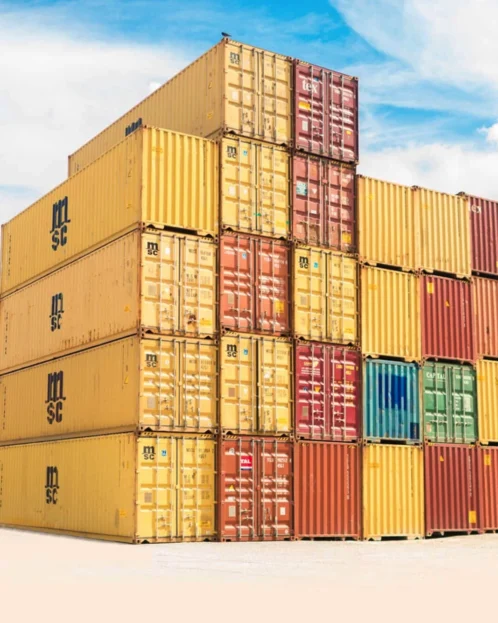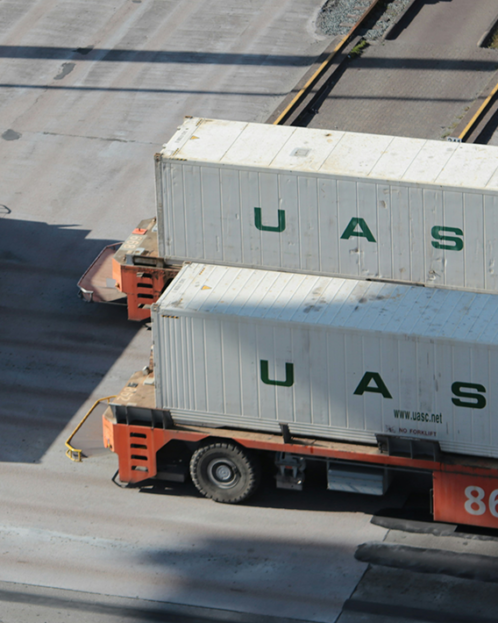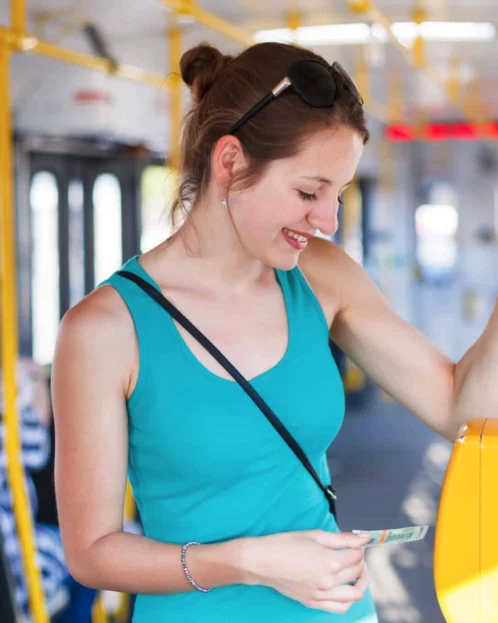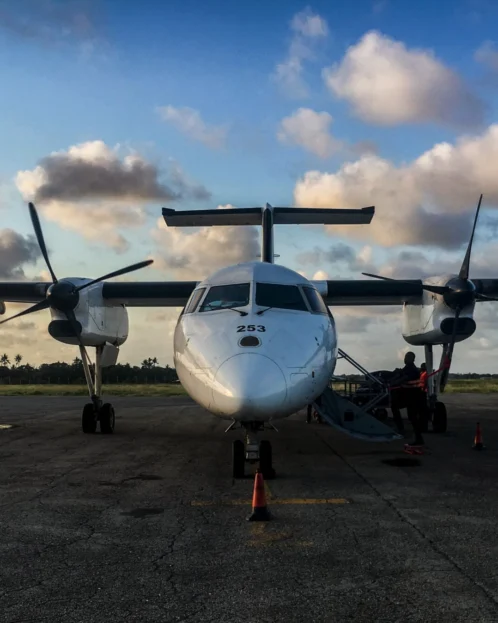Featured Insight Learn more
Learn more
Container Port Productivity
Recent increases in landside port charges at Australian container ports prompt an important question for public policy makers and industry stakeholders: is port productivity improving as a result of new charges and capital investment by stevedores?
 Learn more
Learn more Intelligent thinking for complex problems
Get in touch with us today








